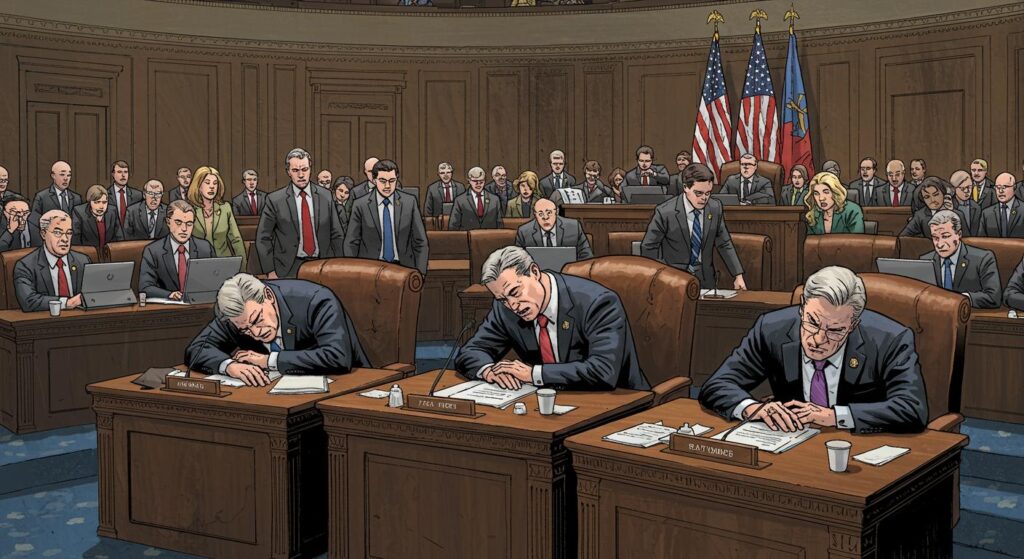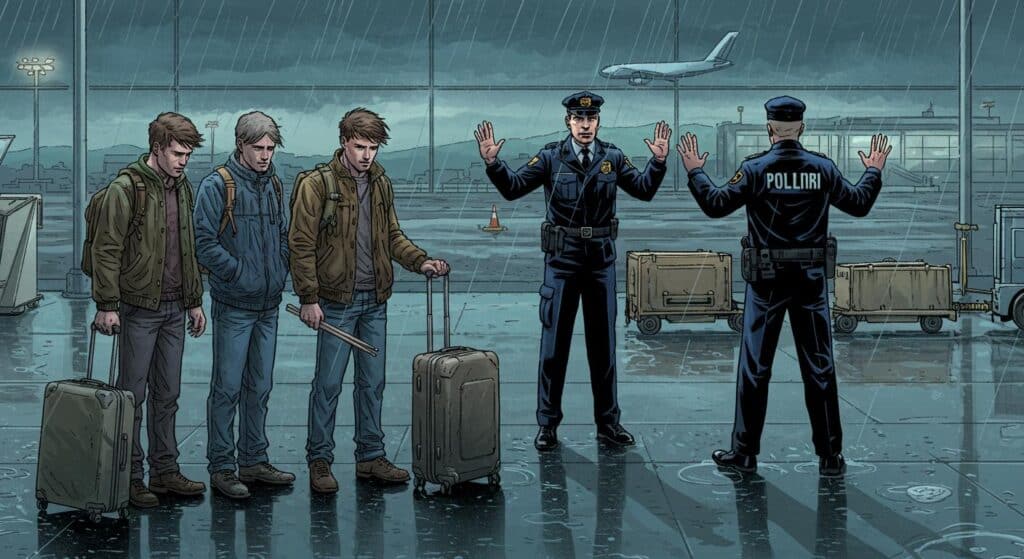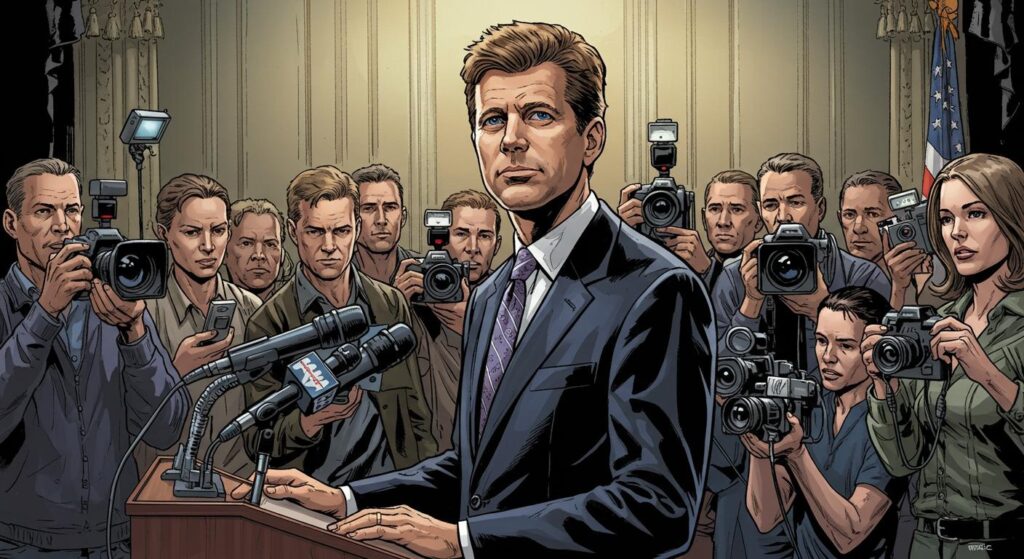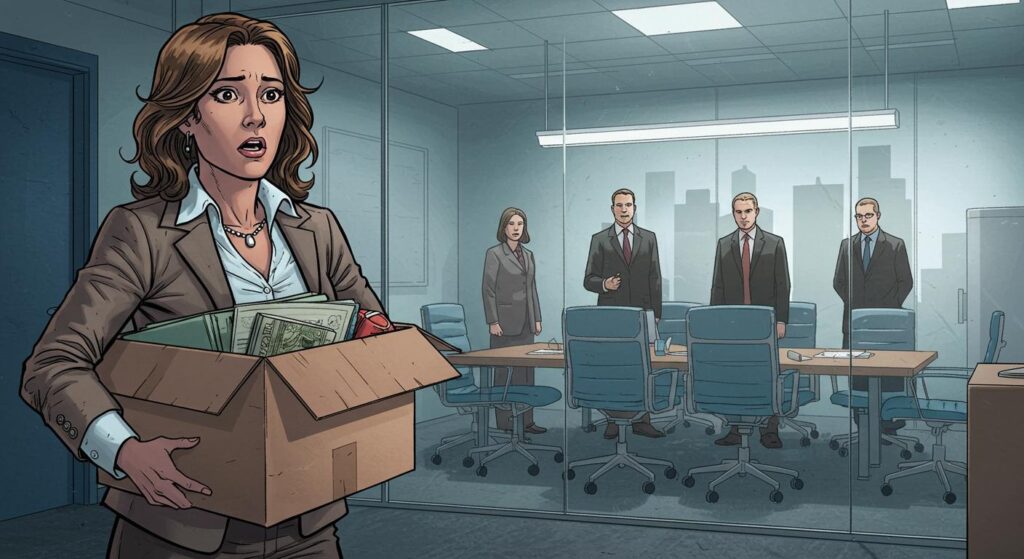There’s something both honest and uniquely surreal about the nation’s Secretary of Health and Human Services suggesting, in plain English, that Americans not follow his own medical advice. That’s precisely the tightrope Robert F. Kennedy Jr. walked this week in congressional hearings, producing a moment that was equal parts humility, irony, and public health déjà vu. Who, exactly, did we think would be guiding us—if not the health secretary?
“Probably” Measles, Maybe Chickenpox, Definitely Not My Department
Pressed by lawmakers on whether he would vaccinate his own children for measles or chickenpox, Kennedy landed on a tentative “probably” for measles, then quickly veered away from personal opinions, declaring, “I don’t think people should be taking advice, medical advice from me.” As recounted in ABC News, he consistently deferred to the collective wisdom of doctors at the NIH and CDC, emphasizing their role in laying out the pros and cons so that people “make that decision” themselves.
This pause from the usual HHS script was notable, especially since it came from a public figure long associated with vaccine skepticism. Instead of doubling down, Kennedy performed a neat sidestep—effectively recusing himself from the core business of health secretaries everywhere. If this feels like walking into a bakery and being told, “I wouldn’t eat the bread, though,” you’re not alone.
Job Description: Chief Health Strategist or Health Bystander?
Among those raising eyebrows was Georges Benjamin of the American Public Health Association, who, during a media call referenced by ABC News, underscored that offering public guidance is quite literally Kennedy’s top responsibility. The notion that the nation’s chief health strategist would refrain from giving strategy is, at best, unconventional—at worst, a bit existential.
Adding a layer of bureaucratic magic, Kennedy also faced grilling over his agency’s sweeping layoffs and major program cuts. In just a few months, the HHS workforce has shrunk by about 20,000, consolidating multiple institutes and letting go of entire teams, including the CDC experts in lead poisoning prevention. These developments, reported by ABC News and highlighted in regional coverage from WEIS Radio, have been met with skepticism from both sides of the aisle. Kennedy assured Congress that despite these changes, crucial program work would somehow continue, though specifics remain in short supply. It’s a leap of faith reminiscent of those classic cartoons where the bridge keeps building itself just one plank ahead of the crossing character.
Measles Math, Messaging, and Mixed Signals
This moment of candor from Kennedy coincides with the most significant measles outbreak in the U.S. in five years. According to details consolidated by ABC News from CDC data, more than 1,000 cases have been reported, with over 90 hospitalizations and two child deaths in Texas—both unvaccinated. Kennedy defended the CDC’s response, asserting the U.S. was outpacing other nations in containment efforts, yet met quick rebuttal from legislators like Rep. Rosa DeLauro, who pointed out that compared to Western Europe—rather than the broad WHO European region cited by Kennedy—countries like Britain have reported no recent measles deaths. The accuracy and relevance of comparisons, it seems, is a matter of perspective.
Kennedy’s own public statements on vaccination have been notably—let’s call it—dynamic. As documented by ABC News, in a single day’s posting, he called the MMR vaccine the “most effective way to prevent the spread of measles,” only to later discuss alternative treatments not endorsed by any official medical guidelines. Lawmakers and specialists alike noted the difficulty in extracting a clear, actionable message from this approach. Meanwhile, vaccine experts and longstanding safety studies, referenced by ABC News, continue to affirm that two doses of the MMR vaccine offer lifelong protection, monitored rigorously for safety.
Budget Acts: Doing More With Less, or Just Less?
The hearings also delved into Kennedy’s approach to budgeting at HHS, an approach he described as doing “a lot more with less.” Despite assurances that core programs—like Medicare, Medicaid, and major disease research—would survive or even thrive post-cuts, many in Congress appeared unconvinced, especially when confronting data on staff and budget reductions as outlined in both ABC News and WEIS Radio. DeLauro, in one notably pointed exchange, accused Kennedy of usurping congressional authority and “gutting the life-saving work” of his department. Kennedy’s pledge to uphold “compassion and responsibility” now faces the pragmatic test of how much can be accomplished by a significantly reduced staff.
The Strangest Merit of Not Knowing
There’s a certain aftertaste of irony in an HHS Secretary telling Americans not to heed his medical advice. On one hand, it’s an oddly refreshing break from overconfident proclamations. On the other, as the nation watches measles cases rise and public health programs shrink, one can’t help but wonder who, exactly, is at the helm.
If the only advice is not to take advice, perhaps uncertainty itself is the most honest admission. Is this radical transparency, or just improvisation at scale? In today’s policy climate, the safe bet might just be to keep listening—with a healthy helping of skepticism and your doctor’s number on speed dial.







